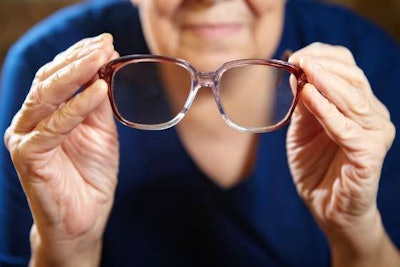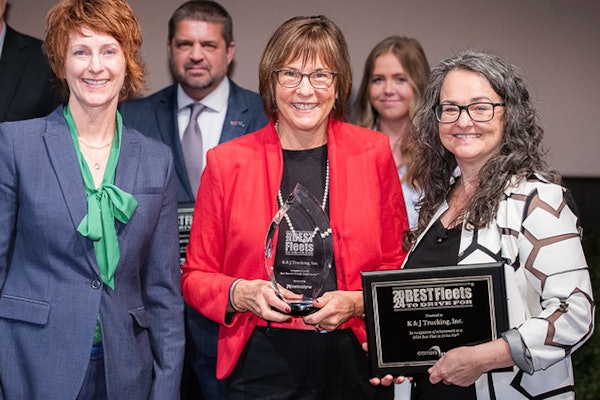
According to Prevent Blindness, a national organization dedicated to preventing blindness and preserving sight, women statistically suffer from more vision problems than men. Women are more likely to suffer from glaucoma, cataracts, refractive errors, vision impairment and blindness.
Part of preserving your vision as a woman is knowing you’re at an increased risk. A Harris poll found that 91 percent of U.S. women don’t know they have an elevated risk for eye-related issues. After that, you should know when it’s time to see an eye doctor and how to preserve your eye health.
Signs it’s time to make an eye appointment, according to VSP, a national vision insurance provider:
- Your eyes are red, dry, itchy or there are spots, flashes of light or floaters in your vision
- You’re diagnosed with diabetes or another health condition that impacts the eyes
- If it’s been longer than a year since your last eye exam
- You struggle with seeing street signs in the dark and driving at night
- You experience motion sickness, dizziness or have trouble following a moving target
- You squint and hold books further away as you try to read them clearly
- You experience changes in your vision, especially following head trauma
Ways to preserve your vision, according to Prevent Blindness:
- Quit smoking
- Take nutritional supplements
- Know that vision changes may occur during pregnancy
- Wear UV-blocking sunglasses and a brimmed hat outdoors
- Learn of any family history of eye disease
- Use cosmetics safely
- Use contact lenses safely
- Consult an eye doctor if you have diabetes or gestational diabetes
You can assess your personal adult vision risk with Prevent Blindness’ online questionnaire. Your eye doctor can help you pinpoint your specific risk and what individually is the best plan for you to preserve your eye health.








